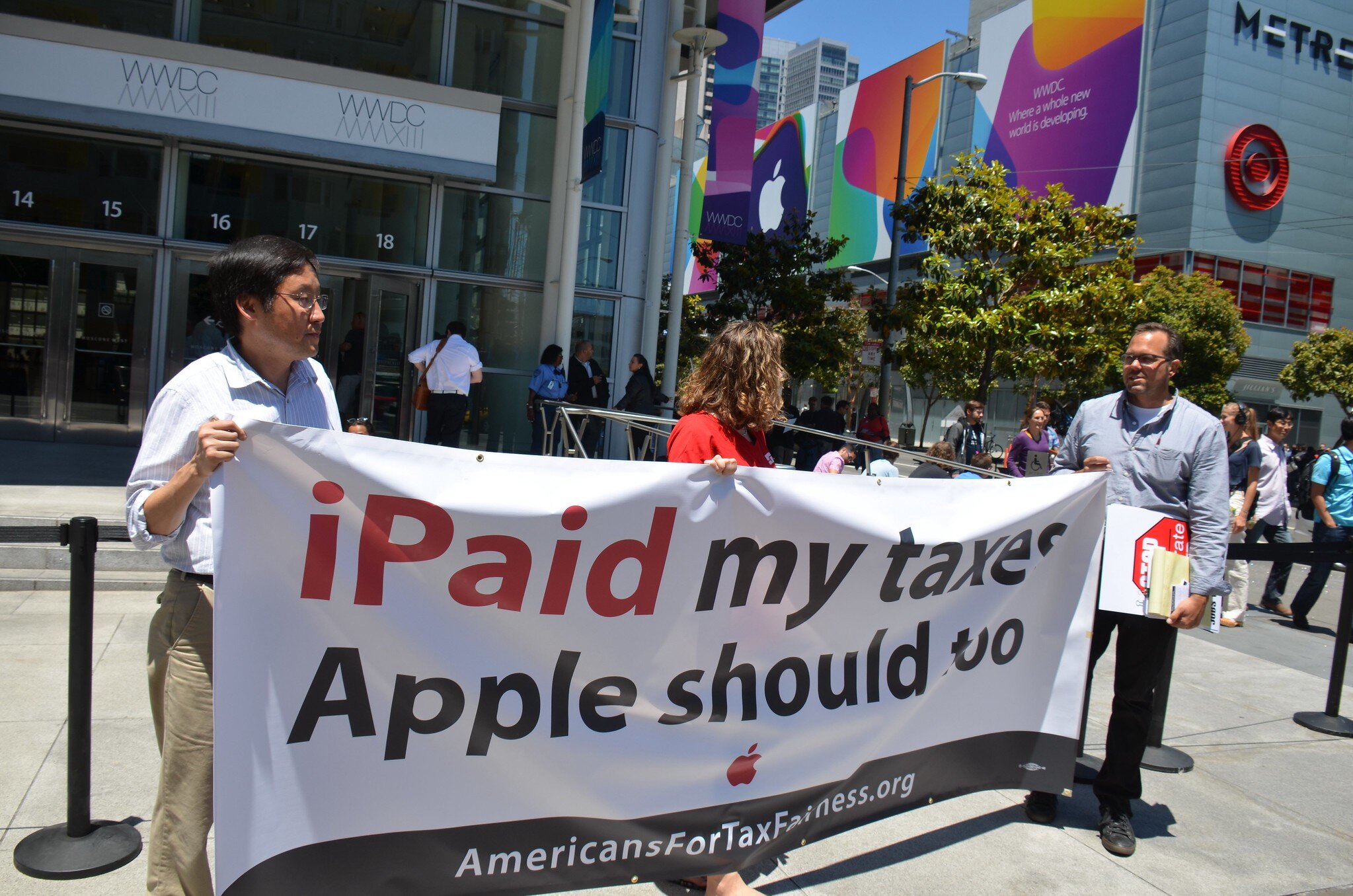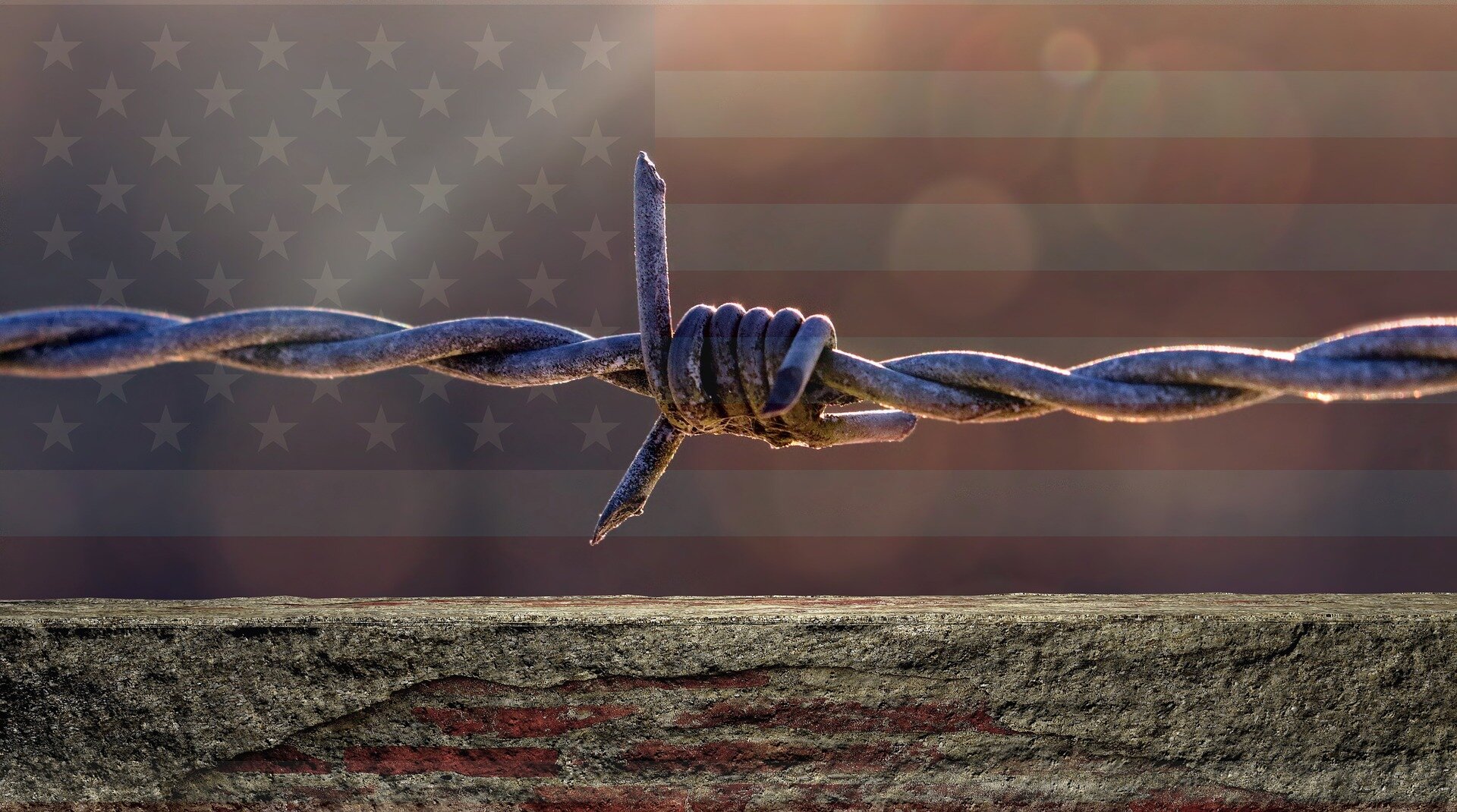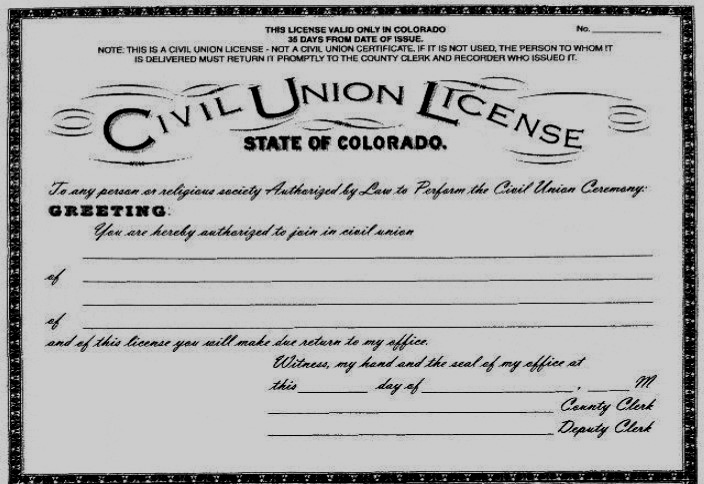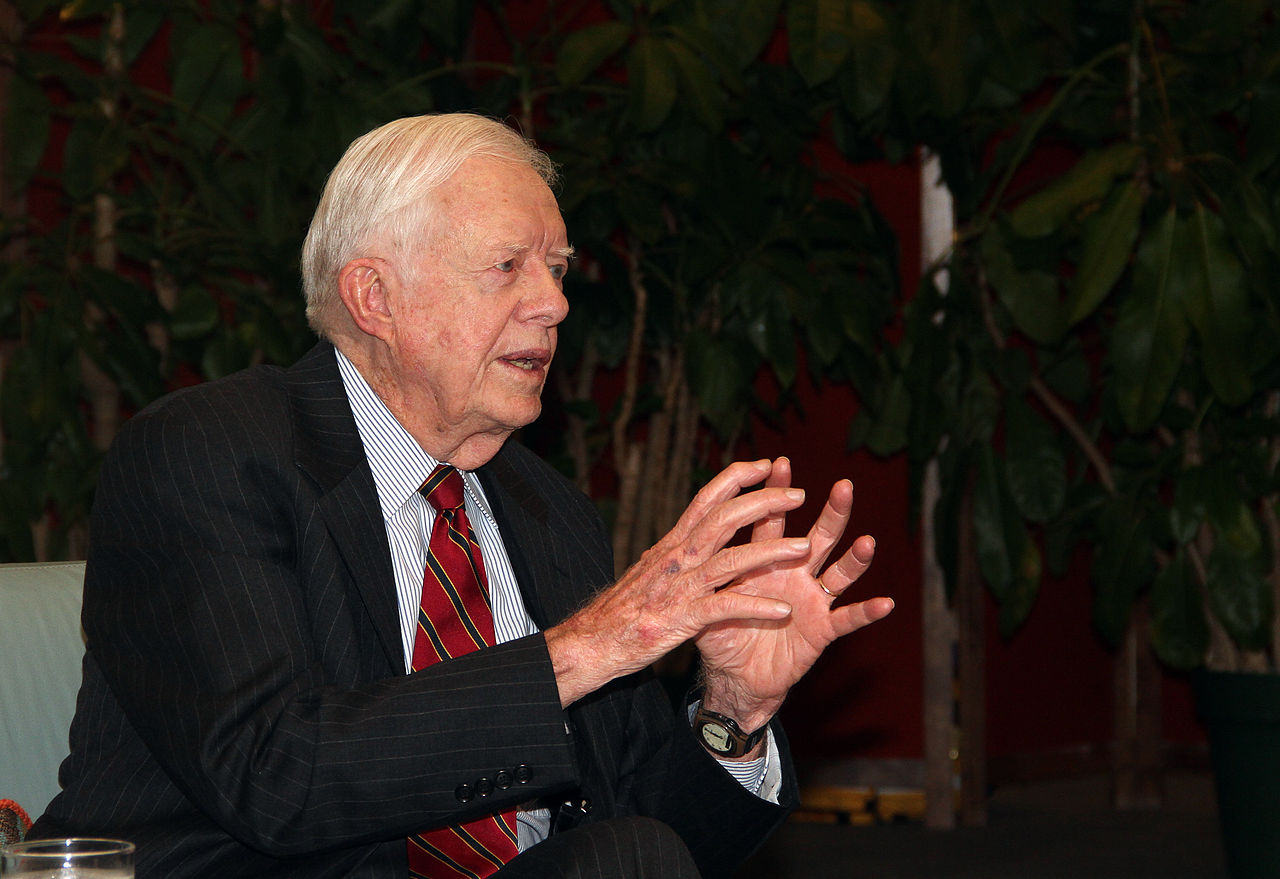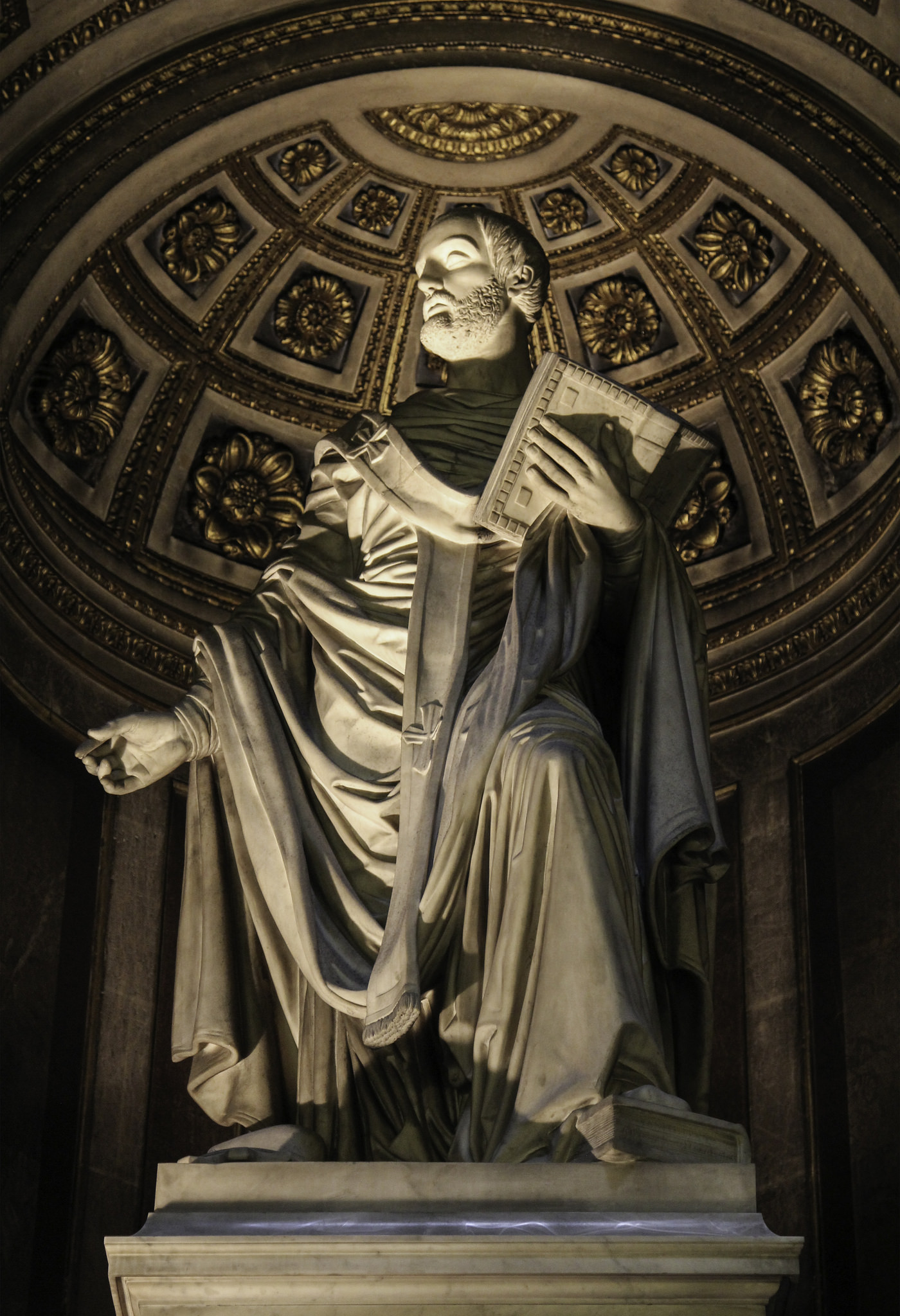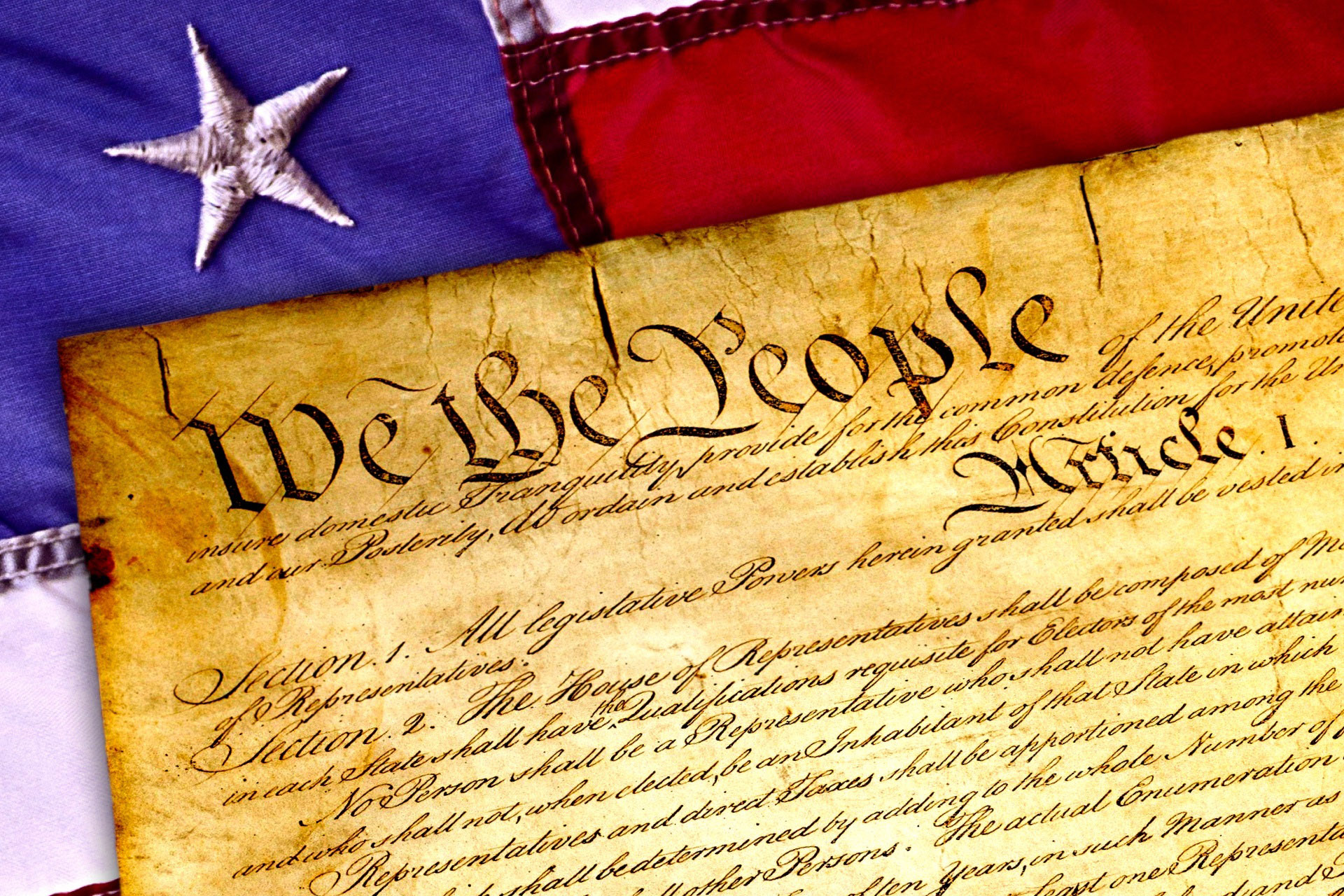Corporate Law
Christian Restorative Justice and Corporate Law
Introduction
The following clip is from our 2019 Conference: Healing Atonement and highlights how Christian ethics once critiqued corporate limited liability and should do so again.
In this class, explore this public good approach to Christian ethics in the public square. This series will highlight twelve key relationships distorted by Plantation Capitalism, a system of production where elites exploit people and the planet, and corrected by Jesus in his Jubilee Economy. The following videos address finance:
Video 3: Enslavers vs Enslaved. Thieves vs Victims. Debtors vs Lenders. Employers vs. Poor & Poorer Workers. Christian faith had set up certain laws in Europe that abolished chattel slavery, thwarted the worst of labor exploitation, and persistently tried to limit finance and banks. But the colonies were a legal gray zone, where people could get away with exploitation and theft that they couldn't get away with back in Europe. European colonizers treated the North American colonies as a safe place to practice their heresies.
Video 5: Labor vs. Capital; Privatizers vs. Common Goods. Jesus reasserted God's vision of flourishing, where human and land health, and then labor rights, took clear priority over the right of elites to use money to make more money. How does WalMart do? See how we grade it. Also, Berlin residents voted to force BlackRock -- now a massive corporate landlord -- to sell back housing units to the city. How would Jesus think about that? We examine Jesus’ teaching on the relationships of Labor vs. Capital and Privatizers vs. Common Goods. Jesus asserted his claim on all creation and all people. So he extended the relational vision of God for human flourishing, where human health and land health, and human rights and labor rights took clear priority over the rights of capital and the ability of elites to use money to make more money.
See our class description. Register at our Thinkific course site.





